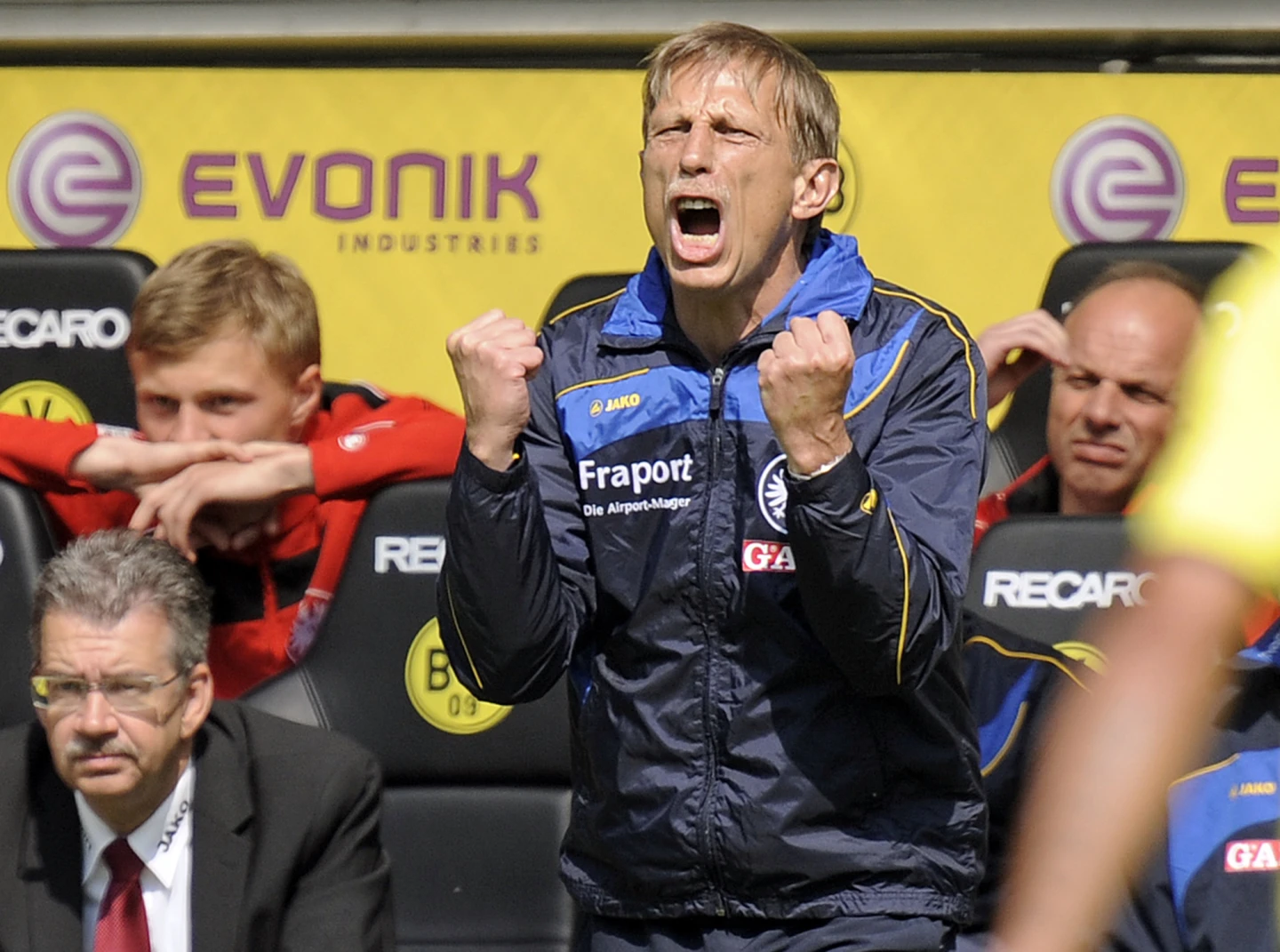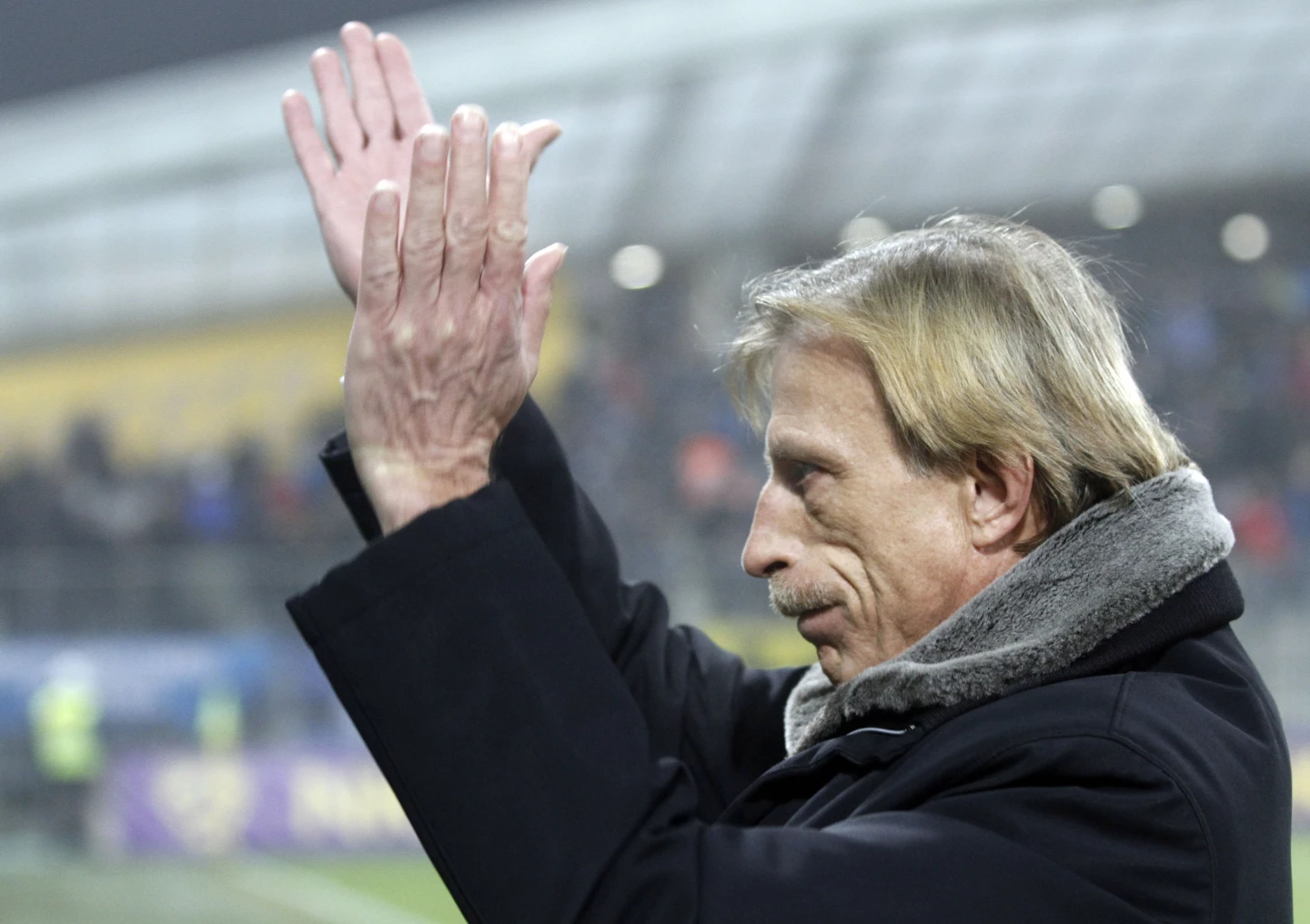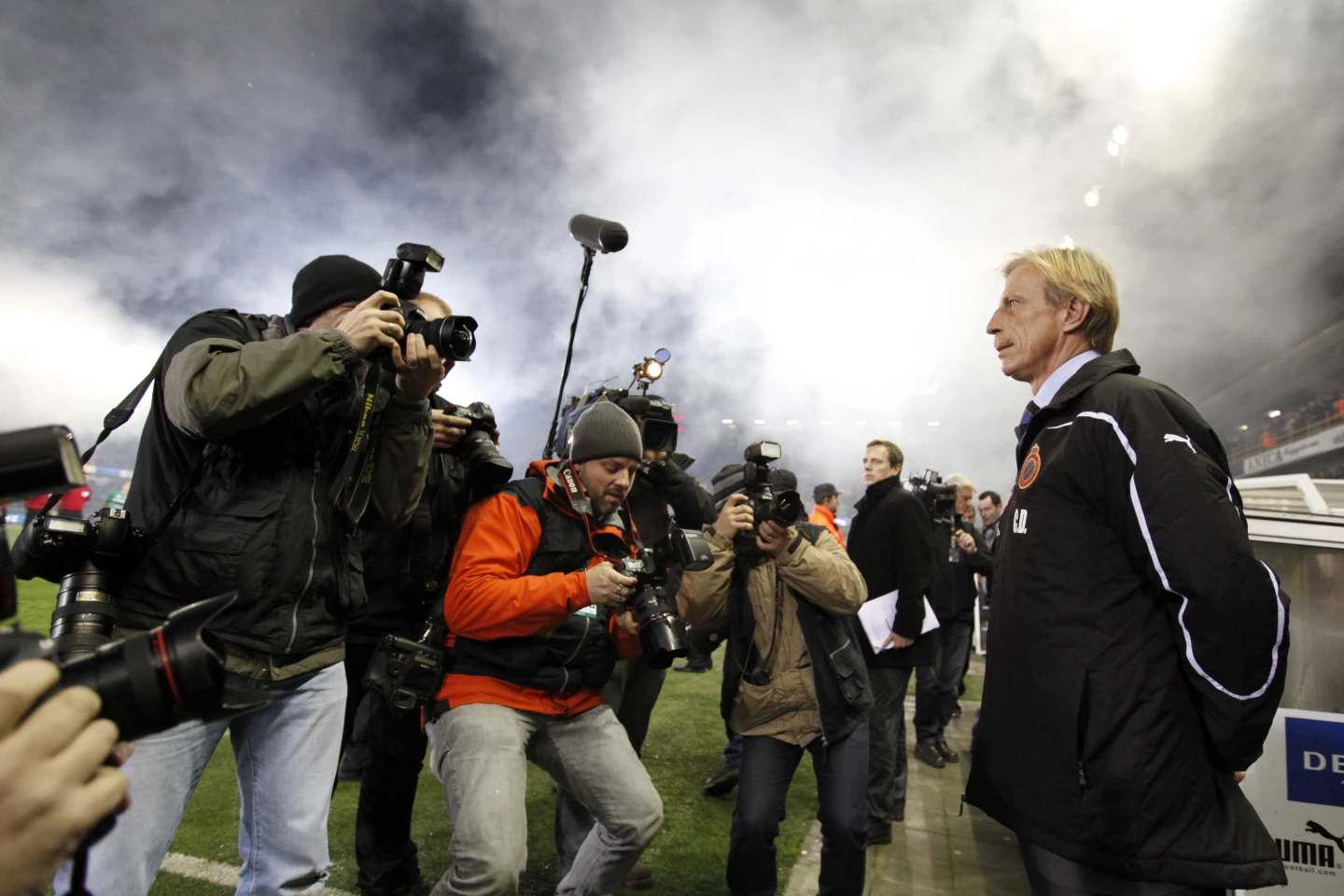Christoph Daum, the bold soccer coach who was denied the German national team job after admitting to using cocaine, has passed away. He was 70 years old.
Daum died at his home in Cologne on Saturday after a battle with cancer, according to family members who spoke to news agency dpa on Sunday.
“He was a pioneer of the modern game and remained controversial and passionate about football until the end,” said German soccer federation president Bernd Neuendorf. “I had the chance to meet him personally a few weeks before his death. He lived football with every fiber of his being.”
Daum’s fight with cancer mirrored his life. Even as a young, skinny boy growing up in Duisburg, West Germany, he would challenge boys who were bigger and stronger.
As a dedicated and demanding coach, Daum led Stuttgart to the Bundesliga title in 1992. However, he never won the trophy again. Between 1996 and 2000, his Bayer Leverkusen team finished as runner-up three times and third once.
In 2000, Leverkusen missed the chance to win the Bundesliga for the first time after losing 2-0 to promoted Unterhaching. Daum said he cried his eyes out.
Leverkusen had to wait until this year to finally shed its “Neverkusen” nickname, but Daum’s work laid the groundwork for that success. He was a guest of honor at the celebrations.

“Christoph changed many things here in terms of processes and internal structure. Under him, Bayer 04 became a major rival to Bayern Munich and Borussia Dortmund,” said Leverkusen legend Rudi Völler.
Daum was expected to take over as Germany coach in 2000 after the national team’s poor performance in the European Championship.
However, his personal life came under scrutiny when Uli Hoeneß of Bayern Munich suggested in an interview that Daum had a drug problem. Media reports revealed cocaine-fueled parties involving prostitutes.
Daum denied using drugs and provided hair samples for testing. The results showed traces of cocaine.
As a result, he was dismissed as the coach of Leverkusen, and the scandal also ended his hopes of becoming the Germany coach.
“It was a big mistake that I acknowledged and apologized for,” Daum said years later. “Who can say their life has been completely free of mistakes? I certainly cannot.
What matters is to recognize mistakes, correct them, and then do better. That’s what being human means.”

Daum found success as a coach outside Germany. He won a league and cup double with Austria Vienna in 2003 and Turkish league titles with Fenerbahce in 2004 and 2005. He had also led city rival Besiktas to Turkish cup and league titles in 1994 and 1995.
After his time with Fenerbahce, Daum returned to Germany and helped Cologne get promoted to the Bundesliga in 2008.
He later went back to coach Fenerbahce and also managed Eintracht Frankfurt, Club Brugge, Bursaspor, and Romania.
“Christoph Daum was a true child of the Bundesliga. As a motivator and communicator without a previous professional career, he helped shape the coaching profession and the Bundesliga at the beginning of the media age,” said Marc Lenz, the managing director of the German soccer league.
Lenz added that Daum “remained true to himself throughout his career, both in success and after setbacks and mistakes.”
